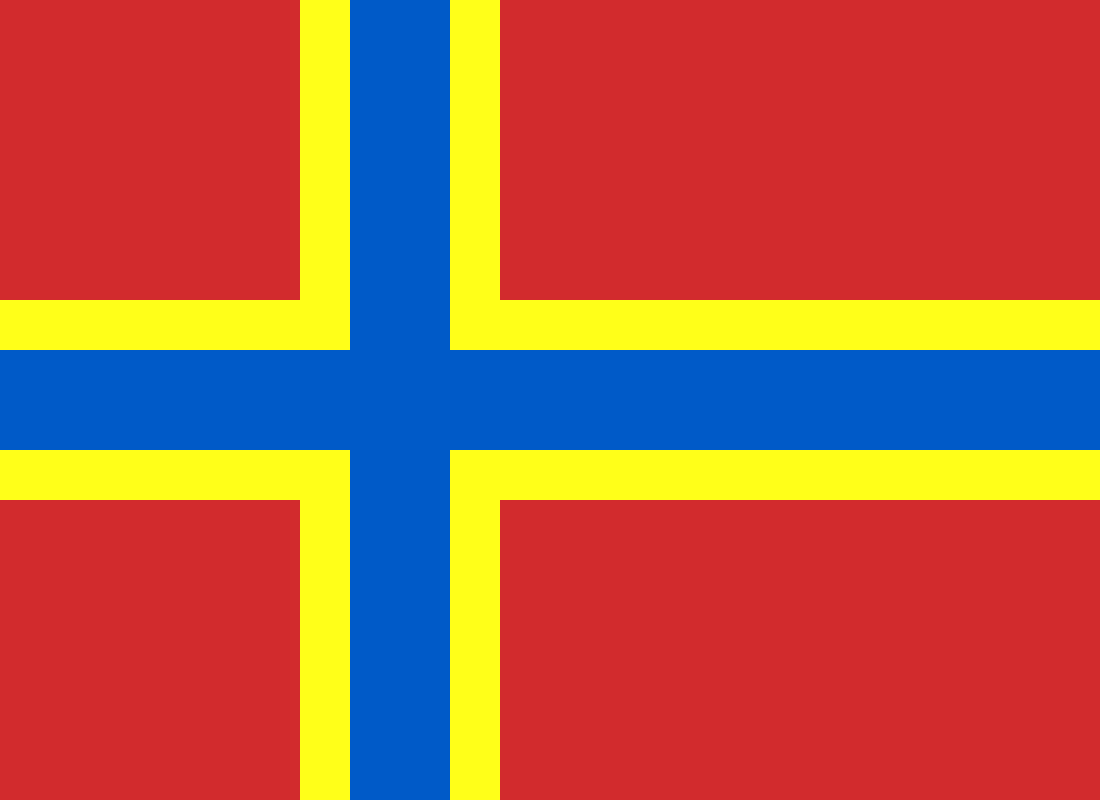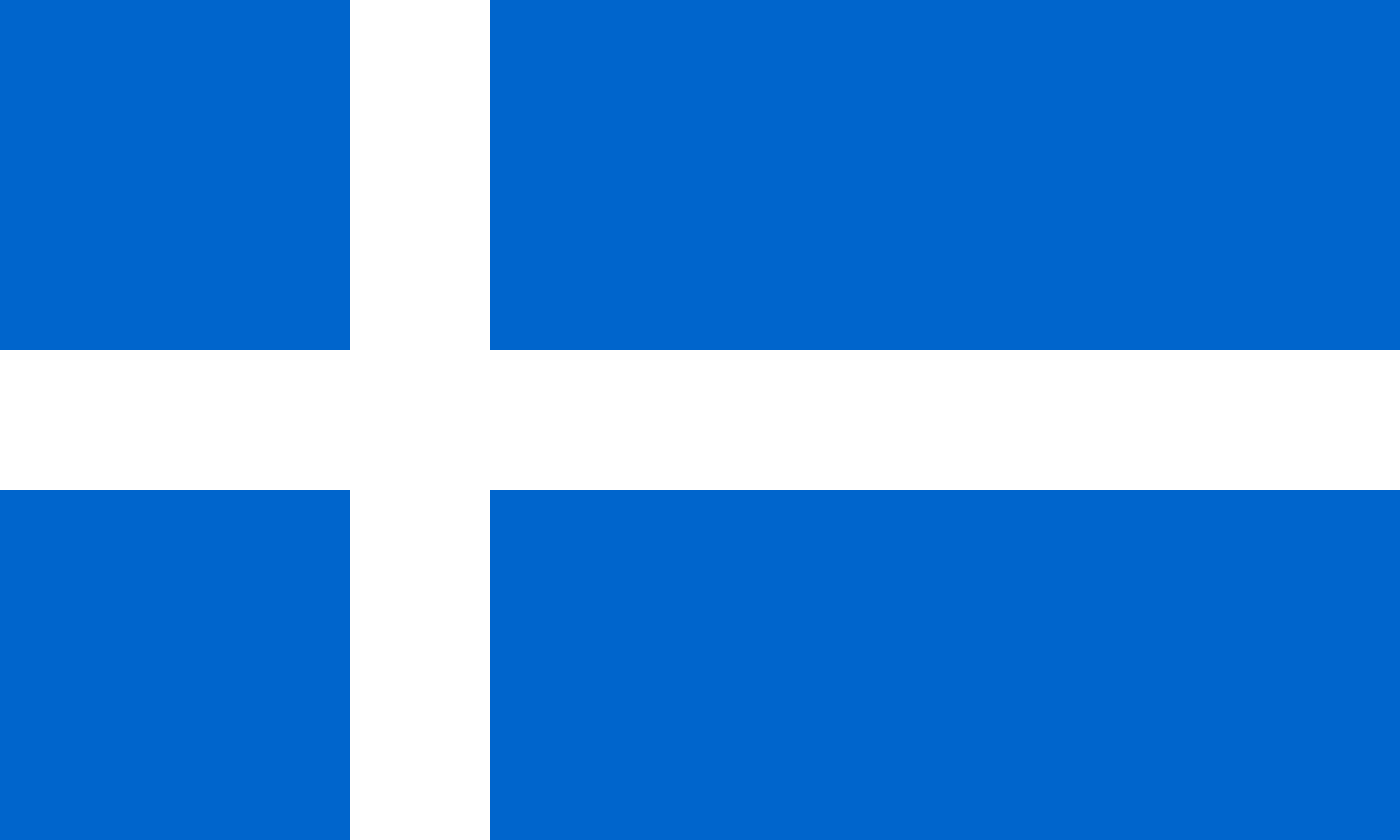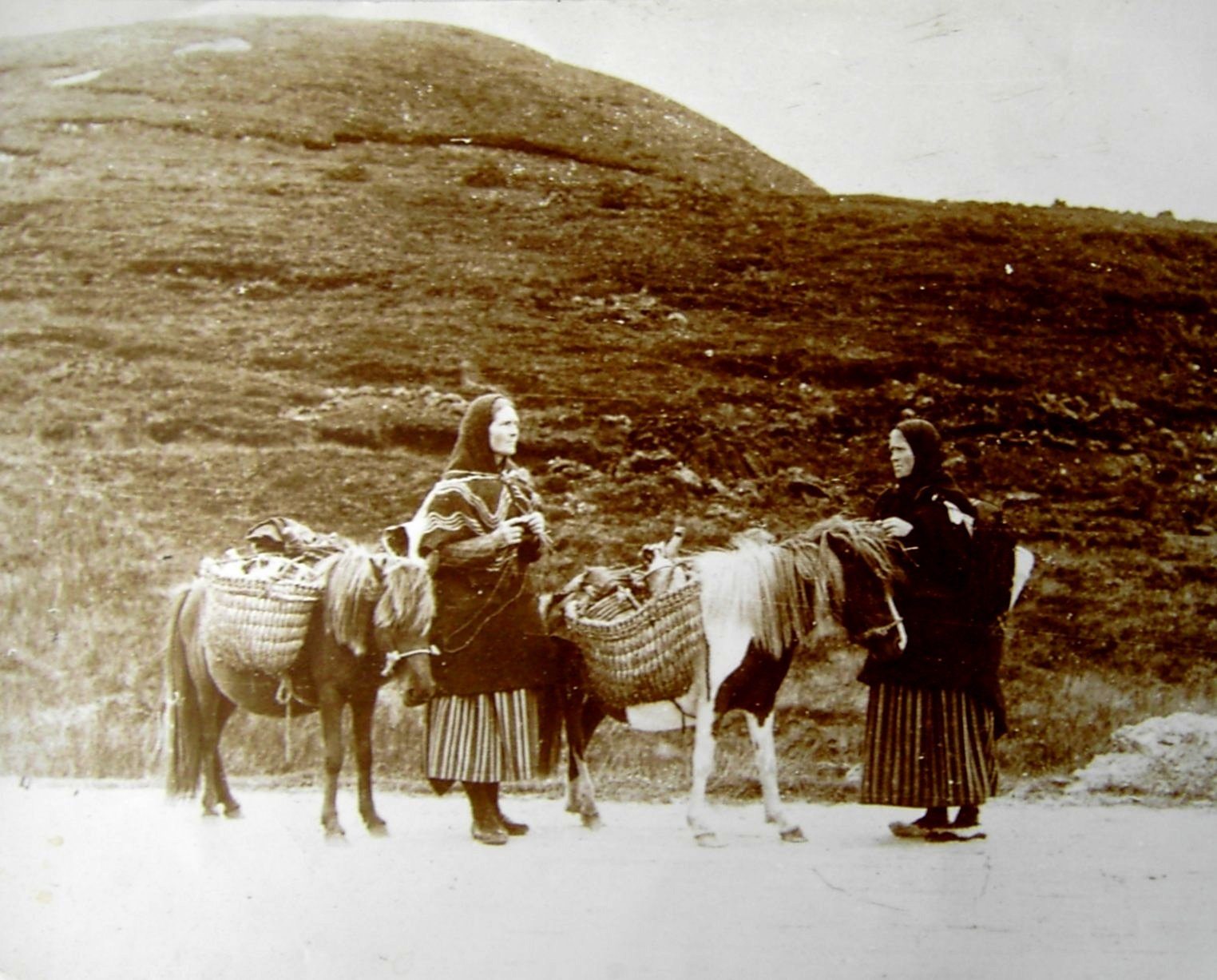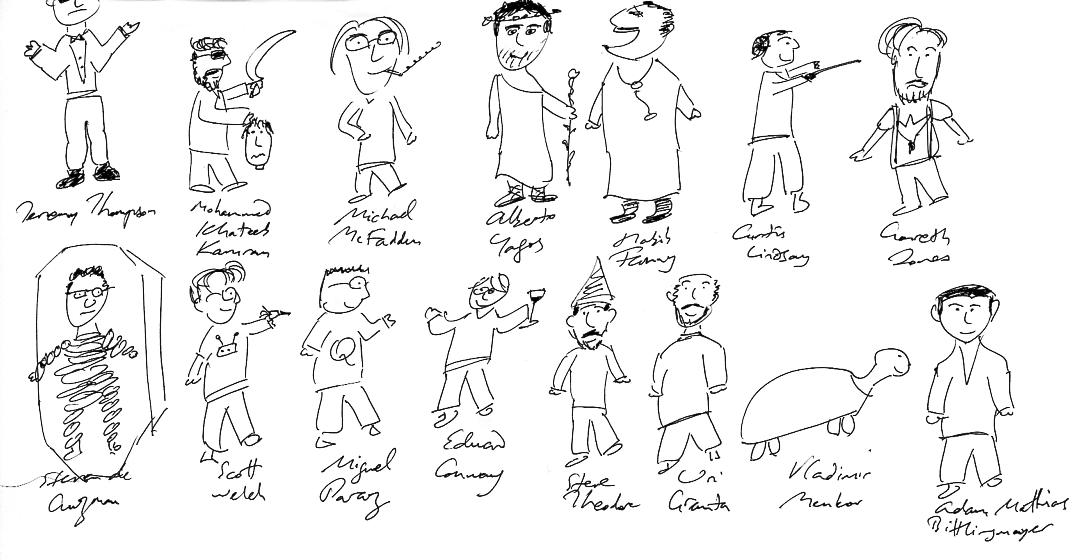A2A Hansolophontes. (Sorry, Khateeb, but you walked into that one.) (Ἁνσολοφόντης. Looks nice…)
I’ll say what I think they feel, but I’ll go a roundabout way about it.
What do Greeks of my upbringing and circumstances feel about ethnic Greek converts to Islam?
Well, if they were pre-population exchange, they’re not around any more, and folklore just called them Turks anyway; so Greeks are blissfully unaware that any ethnic Greek could be anything but Greek Orthodox. Greeks of my upbringing and circumstances are also taught that Muslims are the Other. Not sure whether all of them were also taught that they eat babies.
So, what do they make of Yusuf Islam?
Four sentiments.
- Who? Not sure he was ever big in Greece to begin with.
- Betrayal. I think this will be more pronounced among Greek Cypriots, since they have an ongoing cold war with Turkish Cypriots, and Yusuf embraced the religion of the enemy.
- Unease, and/or embarrassment. Embracing Islam is not Something that Greeks Do. I read the local Greek paper yesterday, and there was the big front cover article about John Podesta’s wikileak, which was an excuse for “did you know John Podesta’s mother is Greek?” I don’t think you’ll get as many of those about Cat Stevens, let alone Yusuf Islam.
- “Screw him, he’s a half-Greek diasporan anyway.” Well, actually, that’s just the same as “Unease, and/or embarrassment”. They don’t say that about John Podesta.
- Well, they do say that about John Podesta; but not as the first thing they say.
I’m not proud of this, Khateeb, but for my generation, I think the unease will be pretty common.
I went to a Muslim wedding once, and there was a Greek convert there, skullcap and all. He was delighted to find a Greek there to talk to; I’m sure that, given how conservative the diaspora is, he wouldn’t find that many. I remember that I chatted to him, but I did feel uneasy. Again, not proud that I did, but there’s a long history of being brought up to think of Muslims as the Other; and finding “one of your own” joining the Other is uncomfortable.
I’m sorry if this answer made you uncomfortable. But I suspect you understand all too well how people can feel that way about Othering…
Dimitris Almyrantis will have a better informed and more up to date answer.







